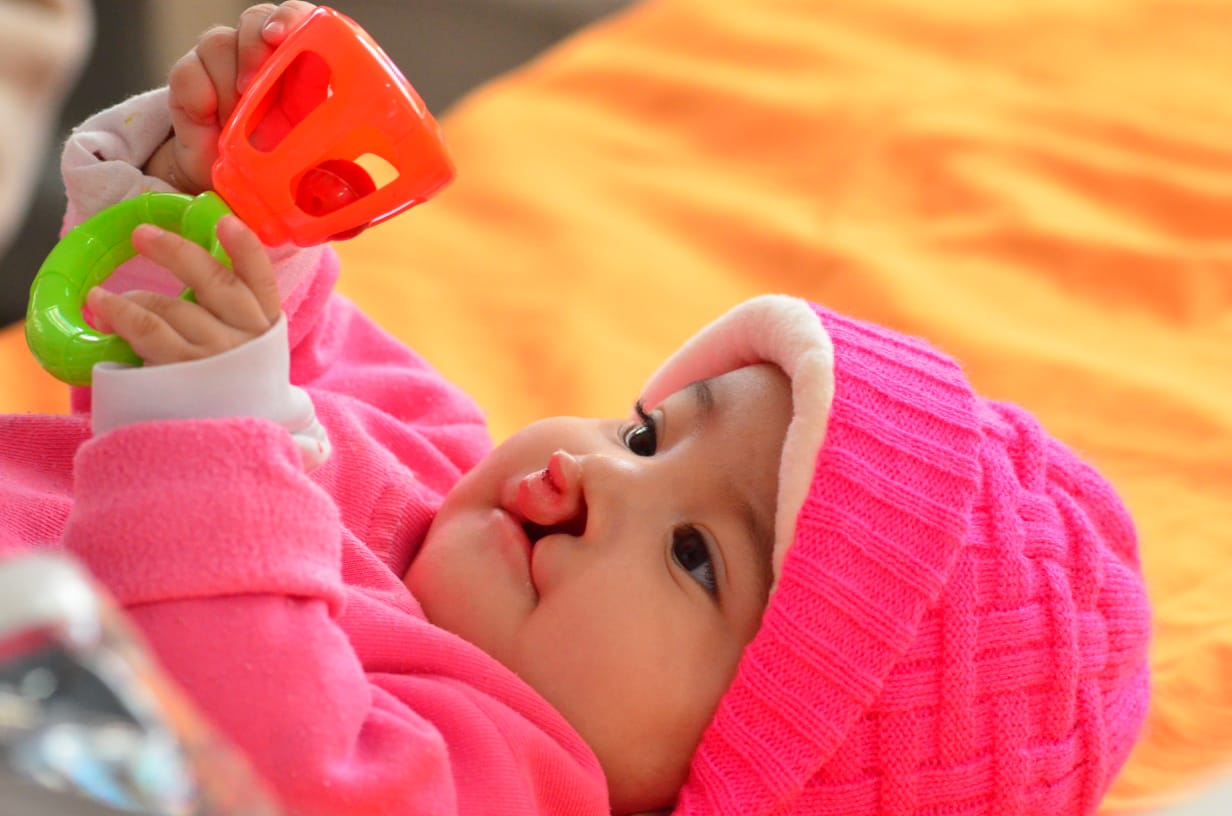Living with an untreated cleft can have a significant impact both a child and their family. Research shows that living with any facial difference can detrimentally affect mental health and overall quality of life. Furthermore, neglecting to address cleft lip/palate can lead to significant consequences for a child’s physical health and development.
The World Health Organization recognizes that living with an untreated birth defect such as cleft puts children at greater risk for malnutrition, poor health, and poverty.
The challenges of cleft lip and palate begin at birth and can be life-long:
- Infants cannot feed properly and have a higher risk of malnutrition.
- Children are often bullied or teased and may suffer from anxiety, depression and low self-esteem.
- Children and adults may have trouble speaking clearly, preventing them from integrating into their societies, getting an education, and finding employment.
- Having a child with cleft can cause an entire family to be ostracized, jeopardizing their support network, mental health, and financial stability.
A lack of education and awareness surrounding cleft makes life even harder for a family when a baby is born with cleft. Given the lack of available prenatal care, may parents do not know that their baby will be born with cleft. Despite community support, the financial and emotional strain of delivering specialized care prevents a family’s ability to actively participate in their societies.
Outside of urban areas, medical staff have little familiarity with cleft and cannot provide assistance to parents. In some rural regions, a baby born with a cleft is sometimes deemed a curse, leading to abandonment by both fathers and mothers.
The gravity living with untreated cleft becomes even more devastating due to one simple fact: children born with cleft do not have to suffer. We can help them.

